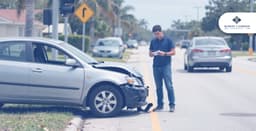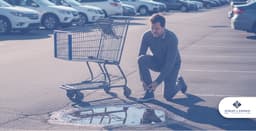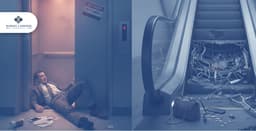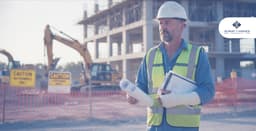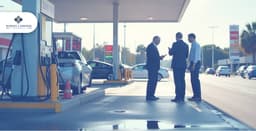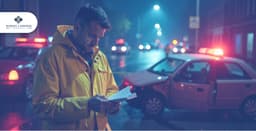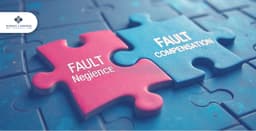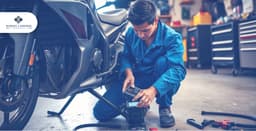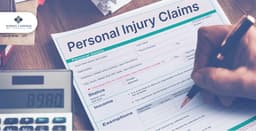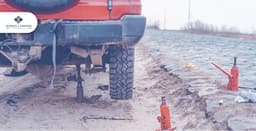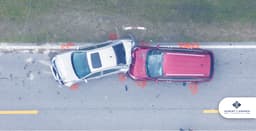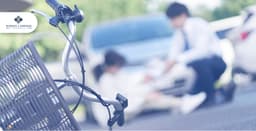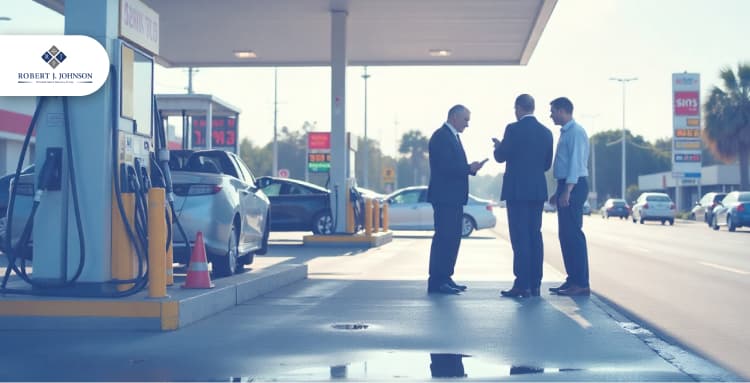
October 14, 2025
What Is Premises Liability for Injuries at Gas Stations?
When you pull up to a gas station, you don't really consider the danger, right? You're just there to fill up, grab a snack, maybe use the restroom, and then leave. However, not all gas stations are as safe as they should be. Slippery fuel spills, cracked pavement, or broken lights can rapidly turn a quick stop into a painful situation.
If you've ever tripped, slipped, or been injured at a gas station, you're probably wondering who is to blame. In this case, premises liability is relevant. And no, it's not just a legal term for lawyers to use. It is what protects you when someone else's property is not secured.
Let’s see what premises liability means, how it applies to gas stations, and what to do if you’ve been hurt.
What Is Premises Liability?
Premises liability is a legal concept that says property owners (or whoever's in charge of a space) are responsible for keeping it safe. That means fixing hazards, cleaning up messes, and making sure people aren't walking into danger.
If you invite someone into your home, you’d move the laundry basket out of the hallway so they don’t trip, right? Same idea however, at gas stations, grocery stores, parking lots, or anywhere the public is allowed.
It’s not just about being polite it’s about legal responsibility. If someone gets hurt because the space wasn’t safe and the owner should’ve known better, they can be held legally accountable.
“In the U.S., over 1 million emergency room visits each year are due to slip and fall injuries.”
(Source: National Floor Safety Institute)
And these injuries? They’re not always small bruises. We’re talking fractures, concussions, even lifelong damage.
How Does Premises Liability Apply to Gas Station Injuries?
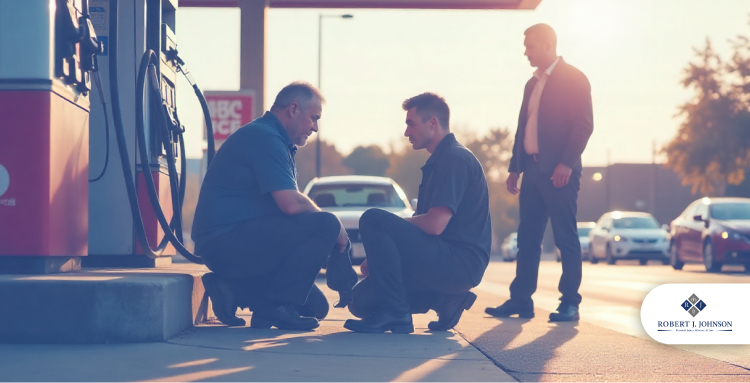
Gas stations might not seem like dangerous places at first glance, instead they’ve got their fair share of risks: slippery fuel spills, broken pavement, dim lighting, you name it. And because they’re open to the public, they fall squarely under premises liability law.
That means the person or company running the gas station has a legal duty to stay on top of safety issues. Whether it’s the owner, a franchise operator, or even a maintenance crew they hire it’s their job to make sure the place isn’t a hazard zone.
Let’s say someone slips on oil near a pump, or trips over a chunk of uneven concrete. If the problem was there long enough that it should’ve been noticed and fixed, that’s when liability kicks in.
“About 55% of all premises liability claims involve slip, trip, and fall accidents.”
(Source: National Floor Safety Institute)
Bottom line: gas stations aren’t just places to fuel up. They’re businesses that owe you a safe environment, and the law backs that up.
What Really Causes Injuries at Gas Stations
Most people don’t think of gas stations as risky places; however, when safety slips through the cracks, accidents happen. Fast. You’re walking to the pump or running inside for a bottle of water, and suddenly you’re on the ground wondering what just happened.
Here are some of the most common hazards people run into at gas stations:
Fuel or Oil Spills
This one’s a biggie. Even a small amount of leaked gas or oil can make the pavement dangerously slick. Combine that with foot traffic, and you’ve got a recipe for a nasty fall especially if it's not cleaned up quickly.Uneven Pavement or Potholes
Over time, concrete cracks. Potholes form. And if no one’s keeping up with maintenance, your foot could catch mid-step, leading to twisted ankles or worse. You shouldn’t have to watch every inch of your step just to avoid a fall.Poor Lighting
Bad lighting is more than just annoying; it makes it harder to spot spills, broken pavement, or obstacles. If you can’t see the hazard, how can you avoid it? This is especially dangerous at night or in underground parking areas.Malfunctioning Pumps
Broken or leaking pumps can spray fuel where it doesn’t belong or cause customers to slip if warning signs aren’t posted. Equipment maintenance isn’t just about convenience. It’s about keeping people safe.Ice or Snow Not Cleared
In colder states, this one’s a major issue. If snow and ice aren’t properly removed from walkways and pump areas, it puts everyone at risk. Gas stations don’t get a pass just because the weather’s bad—clear paths are still their responsibility.Broken Doors or Bathroom Hazards
Restrooms get messy, fast. Wet floors, broken tiles, or doors that don’t shut right can all lead to injuries. And since these are spaces customers are encouraged to use, they need to be kept in safe condition.
Who’s Actually Responsible? Owner, Franchise, or Just Some Employee?
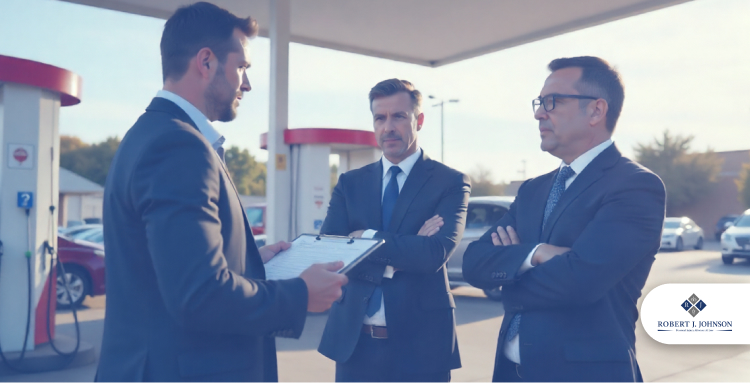
So let’s say you slip on an oil puddle at a gas station. You’re hurt, frustrated, and maybe even embarrassed. The question now is, who do you hold accountable?
Here’s where things get a little tricky however not impossible to understand. Liability doesn’t always land on the same person or party. It depends on who was supposed to be keeping the place safe.
The Gas Station Owner
If the property is independently owned, meaning it’s not part of a big-name chain, then the owner is usually responsible. They’re in charge of the building, the lot, and making sure everything is in working order. If they ignore maintenance or safety? That’s on them.
The Franchisee
Now let’s say it’s a big brand like BP, Shell, or Chevron. You’d think the corporation is responsible, right? Not always. Many of these stations are run by individual franchise owners. That person or their business handles day-to-day operations and safety. If they skip repairs or neglect cleanup, they could be the liable party.
A Third-Party Maintenance Company
Sometimes, gas stations hire outside contractors to handle things like cleaning, snow removal, or equipment repairs. If your injury was caused by something they were supposed to fix (and didn’t), they might be the ones on the hook.
“Franchise businesses make up over 10% of U.S. establishments in the service sector, many of which operate independently from the brand name they display.”
(Source: U.S. Census Bureau)
How an Attorney Can Help You Navigate a Gas Station Injury Claim
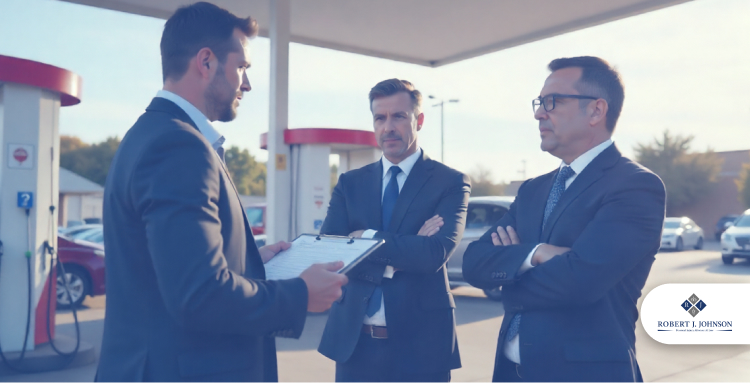
Getting injured at a gas station can feel frustrating and confusing especially when you’re left wondering who’s responsible and how to even begin holding them accountable. This is where having an experienced personal injury attorney really helps.
A good attorney doesn’t just file paperwork; they dig into the situation, uncover what went wrong, and figure out who’s legally at fault. In gas station cases, that can mean reviewing maintenance records, pulling security footage, interviewing employees or witnesses, and identifying whether the property owner, franchisee, or someone else dropped the ball.
Attorney Robert Johnson has handled complex premises liability cases like these before. He knows how to navigate the gray areas especially when multiple parties (like franchise owners or third-party maintenance crews) are involved. And he understands how to push back when insurance companies try to downplay your injuries or delay your claim.
Another thing that helps ease the stress? Robert Johnson works on a contingency fee basis. That means you don’t pay out of pocket upfront. You only pay if your case wins.
“97% of personal injury claims are settled before going to trial.”
(Source: U.S. Department of Justice, Bureau of Justice Statistics)
That means in most cases, you don’t even have to step foot in a courtroom. Your attorney does the negotiating, the paperwork, and the back-and-forth with insurance companies who often try to lowball or delay payouts.
Final Thought: You Deserve Safe Spaces (Even at the Pump)
Injuries at gas stations aren’t just bad luck; they're often the result of someone else not doing their job. Whether it’s a spill left uncleaned, a cracked walkway, or a pump that should’ve been fixed weeks ago, you shouldn’t have to suffer because someone else was careless.
Premises liability laws exist to protect you. And if you've been hurt, you’re not being dramatic or “making a fuss.” You’re standing up for your right to be safe in a public space.
If you’re feeling overwhelmed or just unsure about what to do next, you don’t have to handle it alone. Attorney Robert Johnson is here to help. You can contact his office directly at (813) 540-3225 for a conversation that costs nothing however could give you clarity. Or, if it’s easier, you can fill out a quick form online for a free case evaluation. No pressure, just honest guidance from someone who understands what you’re going through.



